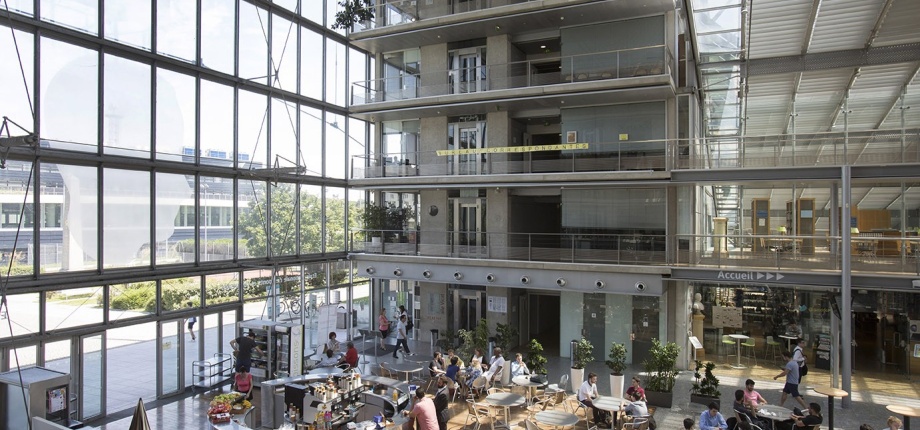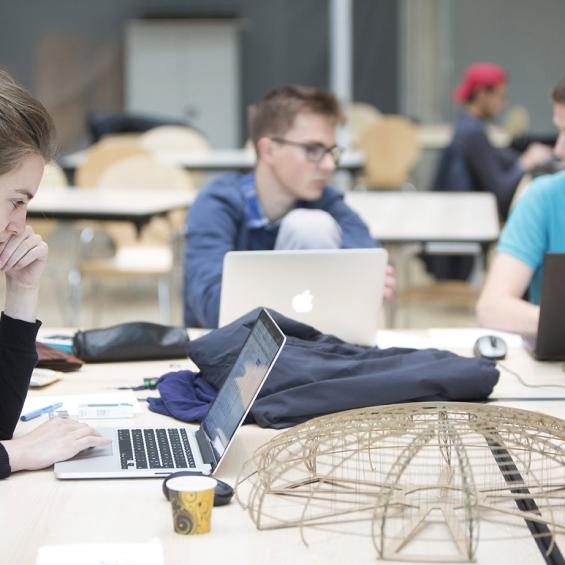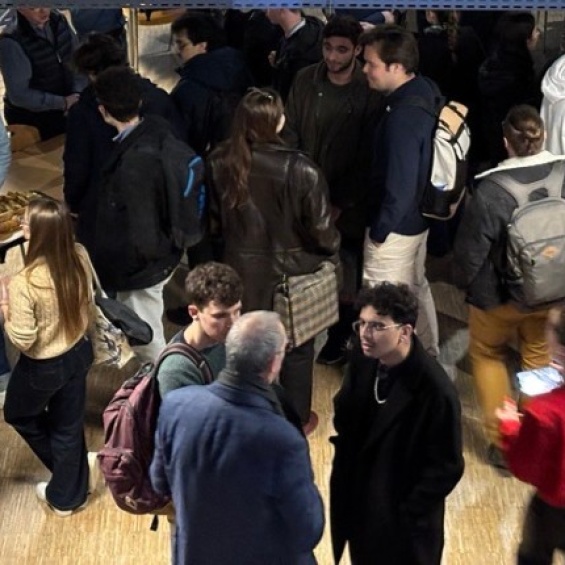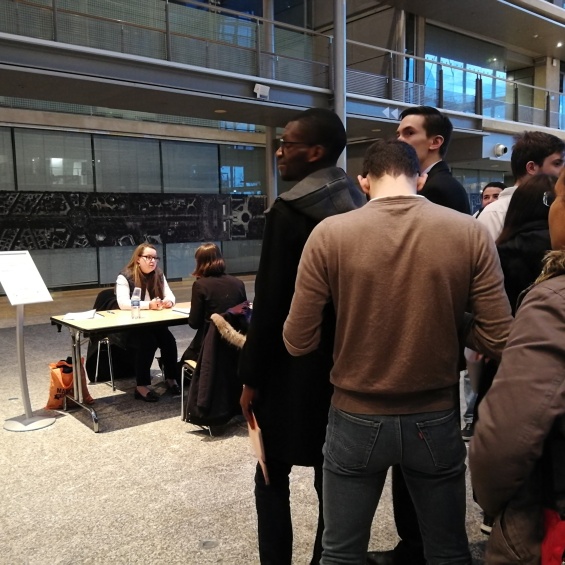Career, network, employment
With a 6-month integration rate of 96%, our graduates benefit from excellent professional integration, with some finding their first job through their end-of-study project and long-term internship, as well as through the School's extensive network.
Hired less than one month after leaving the School
A graduate of the School is someone whose education exceeds the requirements of their first job, and is hired for their potential. Ponts engineers move quickly into roles heading big projects, managing functional or production units, or as experts or in senior management. Working graduates are hired to become senior executives across all sectors of the economy (view the 2025 job placement survey - in french)
A variety of roles in numerous sectors of activity
- design engineer, works engineer, project manager, researcher, consultant, supply chain manager, financial analyst, auditor, risk manager
- in civil engineering firms, transportation firms, in energy and the environment,
- in the aerospace, materials, and luxury goods industries,
- in the consultancy, banking, insurance, and logistics sectors
- in design offices, local authorities, planning departments, international bodies.
Average gross annual starting salary in France:
- excluding variable component: €49,416
- including variable component: €54,544
2025 survey of graduates in the 2024 year group (excluding public service)
Employment opportunities
The close synergies between the School’s Education Department and Ponts Alliance, the École nationale des ponts et chaussées Alumni Association, facilitates the search for a job during and after training. They compile offers from all business sectors and help students to prepare for their entry into the labor market by providing a “careers program”: a range of dedicated interventions to help students find internships and jobs, and support them in their personal development and dealings with professionals.




